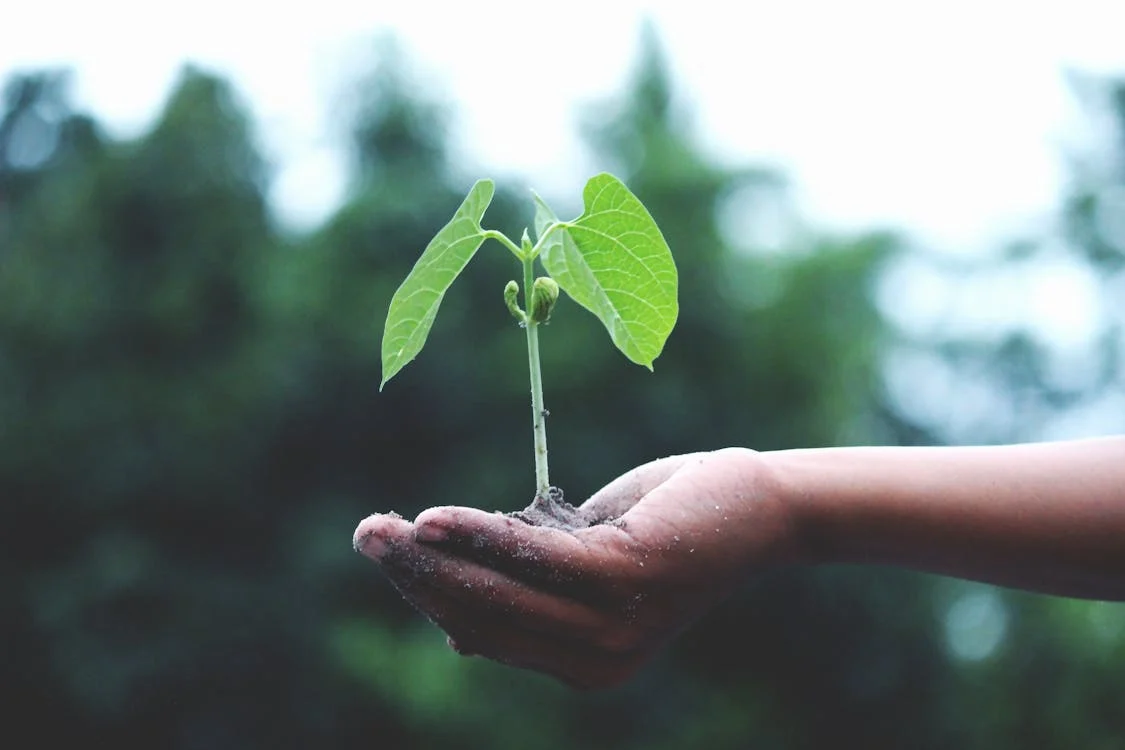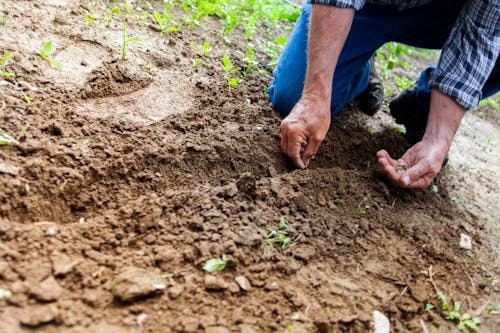How to Grow Your Organic Garden and Eat Fresh Every Day
Introduction to Organic Gardening
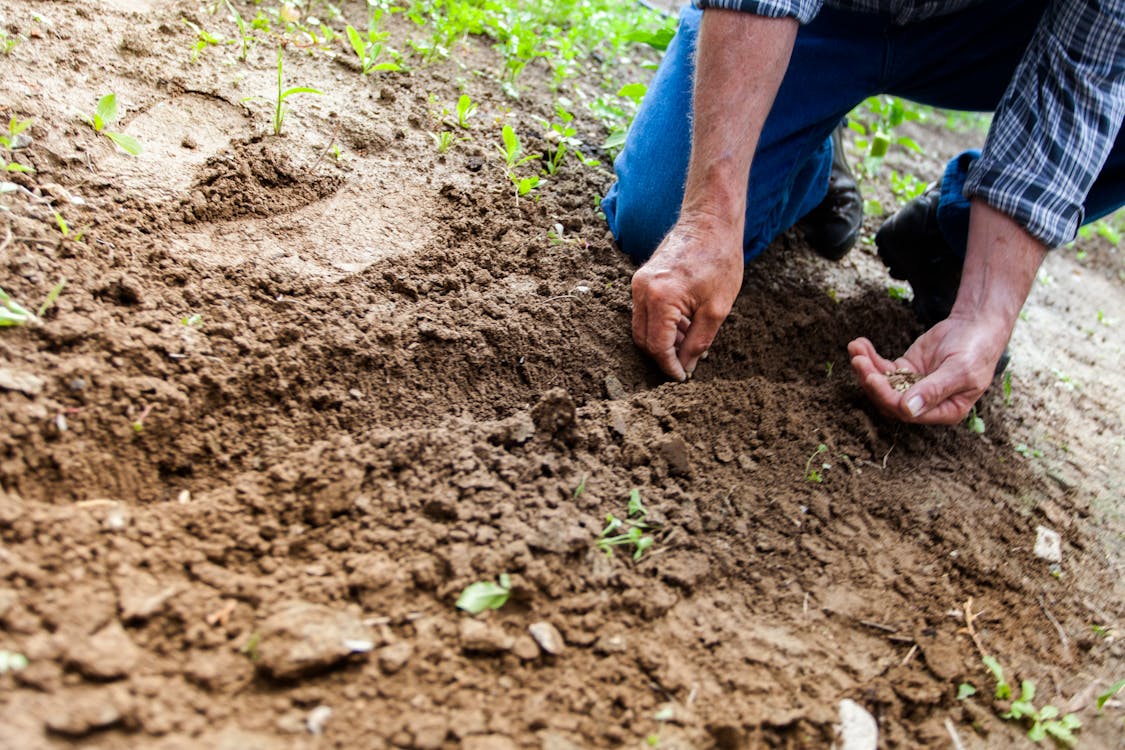
In today’s fast-paced world, the desire for fresh, organic produce is on the rise. Organic gardening offers a rewarding way to cultivate your fruits, vegetables, and herbs right at home. Not only does it provide a sustainable food source, but it also promotes environmental stewardship and fosters a deeper connection to nature.
Choosing the Right Seeds
The journey of a bountiful organic garden begins with selecting the right seeds. Whether you’re opting for heirloom varieties or hybrids, understanding the different types of seeds available is crucial. Factors such as climate, soil conditions, and personal preferences should all be taken into account when making your selection.
Preparing Your Garden
Before you can sow your seeds, proper preparation of the garden bed is essential. Choose a sunny spot with well-drained soil, and take the time to amend the soil with compost and organic matter. This sets the foundation for healthy plant growth and ensures nutrient-rich soil for your crops.
Planting Seeds
When it comes time to plant your seeds, proper timing and spacing are key. Follow the instructions on seed packets regarding planting depth and spacing requirements. Utilize techniques such as direct seeding or starting seeds indoors, depending on the specific needs of your plants.
Caring for Your Garden
Once your seeds are in the ground, diligent care is necessary to support their growth. Proper watering, mulching, and regular weeding are essential tasks in maintaining a thriving garden. Additionally, employing organic pest control methods helps protect your plants without harmful chemicals.
Organic Fertilization
To keep your garden flourishing, organic fertilization is paramount. Organic fertilizers provide essential nutrients to plants while improving soil structure and microbial activity. Options such as compost, manure, and organic plant-based fertilizers enrich the soil naturally without the risk of chemical runoff.
Harvesting Your Bounty
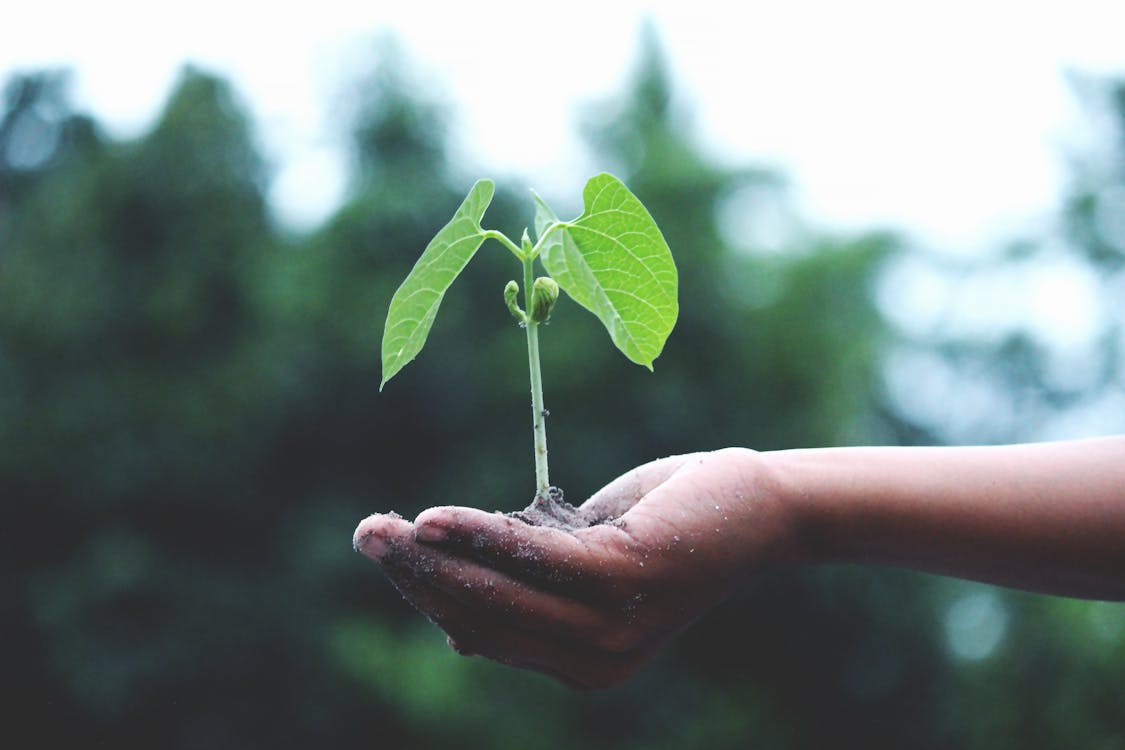
As your garden matures, the time will come to reap the rewards of your labor. Knowing when to harvest each crop ensures peak flavor and nutritional value. Use proper harvesting techniques to minimize damage to plants and maximize yield, allowing you to enjoy a continuous supply of fresh produce.
Storing and Preserving Your Produce
To extend the enjoyment of your garden’s bounty, proper storage and preservation techniques are essential. From canning and freezing to drying and fermenting, there are numerous methods for preserving excess harvest for later use. This ensures that nothing goes to waste and allows you to enjoy homegrown goodness year-round.
Enjoying Fresh Meals
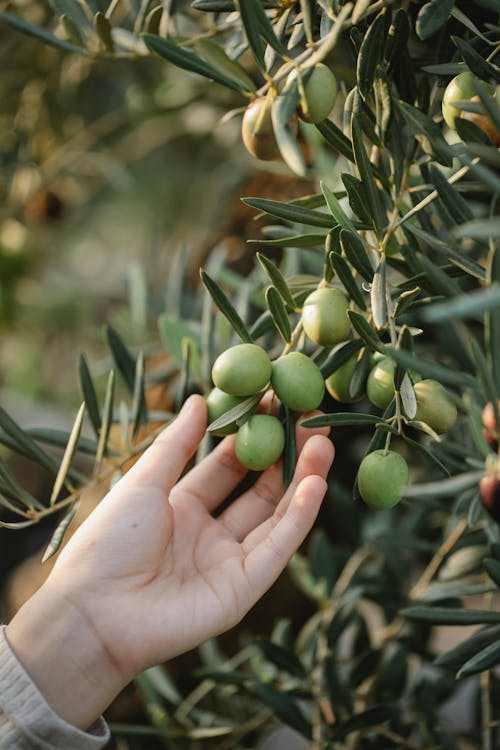
One of the greatest pleasures of organic gardening is incorporating homegrown produce into your meals. From vibrant salads to hearty soups, the possibilities are endless when it comes to cooking with garden-fresh ingredients. Experiment with recipes that highlight the flavors of your harvest and savor the satisfaction of eating fresh every day.
Sharing the Bounty
Organic gardening not only benefits the gardener but also fosters a sense of community and sharing. Whether through neighborhood swaps, donations to local food banks, or simply sharing with friends and family, there’s joy in spreading the abundance of homegrown produce with others.
Troubleshooting Common Issues
Despite your best efforts, challenges may arise in the garden. From pesky pests to plant diseases, it’s essential to be prepared to address common issues effectively. Utilize organic methods such as companion planting, natural predators, and disease-resistant varieties to mitigate problems and keep your garden thriving.
Maintaining Sustainable Practices
As stewards of the land, organic gardeners play a vital role in promoting sustainability and environmental health. Implementing practices such as water conservation, composting, and minimizing chemical inputs helps minimize your ecological footprint and preserve natural resources for future generations.
Seasonal Considerations
Each season brings its own set of tasks and considerations in the garden. From planting and pruning to harvesting and winterizing, it’s important to stay attuned to the changing needs of your plants throughout the year. By adapting to seasonal variations, you can optimize your garden’s productivity and success.
Garden Design and Layout
The design and layout of your garden play a significant role in its functionality and aesthetics. Whether you’re working with limited space or ample acreage, thoughtful planning ensures efficient use of resources and maximizes yield. Consider factors such as crop rotation, companion planting, and vertical gardening to create a harmonious and productive garden space.
Conclusion
From seed to table, organic gardening offers a fulfilling journey of self-sufficiency, health, and connection to nature. By following the steps outlined in this guide, you can embark on your own organic gardening adventure and enjoy the unparalleled freshness and flavor of homegrown produce every day.
FAQs (Frequently Asked Questions)
- Is organic gardening suitable for beginners?
- Yes, organic gardening can be adapted to suit beginners with proper research and guidance. Start small and gradually expand your garden as you gain experience.
- How much time does organic gardening require?
- The time commitment for organic gardening varies depending on factors such as garden size, plant selection, and maintenance needs. However, dedicating a few hours each week is typically sufficient for most home gardens.
- Can I practice organic gardening in any climate?
- Yes, organic gardening principles can be applied in various climates, although specific techniques may need to be adapted based on factors such as temperature, rainfall, and soil type. Researching suitable plants and implementing appropriate strategies can help you succeed in your particular climate.
- How can I ensure my organic garden is truly organic?
- To maintain the integrity of your organic garden, it’s essential to use organic seeds, soil amendments, and pest control methods. Avoiding synthetic chemicals and genetically modified organisms (GMOs) ensures that your garden remains truly organic.

